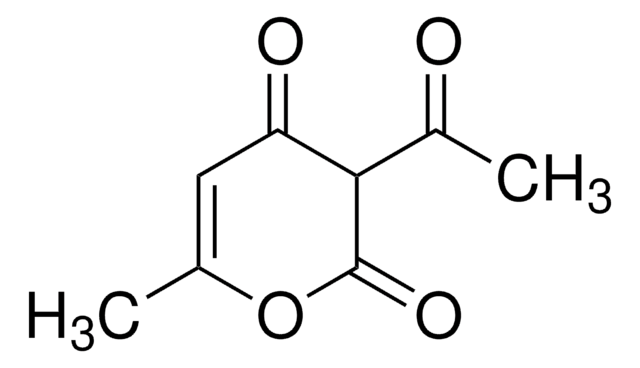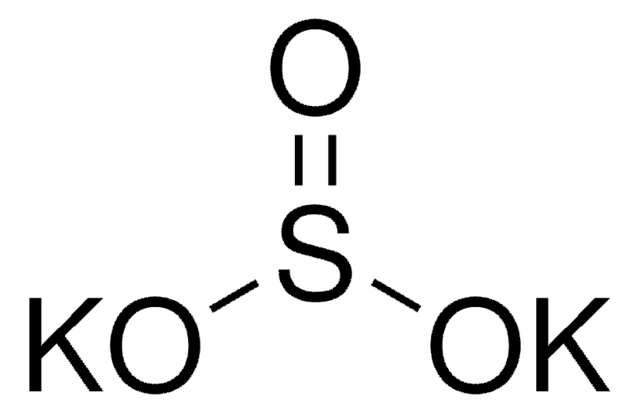82070
Sorbic acid
tested according to Ph. Eur.
Synonym(s):
Acidum sorbicum, α-trans-γ-trans-Sorbic acid, (E,E)-1,3-Pentadiene-1-carboxylic acid, 2,4-Hexadienoic acid, 2E,4E-Hexadienoic acid, trans,trans-2,4-Hexadienoic acid, C6:2n-2,4, NSC 35405, NSC 49103, NSC 50268
About This Item
Recommended Products
Agency
USP/NF
tested according to Ph. Eur.
Quality Level
vapor pressure
0.01 mmHg ( 20 °C)
form
crystals
mp
132-135 °C (lit.)
antibiotic activity spectrum
fungi
functional group
carboxylic acid
Mode of action
enzyme | inhibits
SMILES string
C\C=C\C=C\C(O)=O
InChI
1S/C6H8O2/c1-2-3-4-5-6(7)8/h2-5H,1H3,(H,7,8)/b3-2+,5-4+
InChI key
WSWCOQWTEOXDQX-MQQKCMAXSA-N
Looking for similar products? Visit Product Comparison Guide
Related Categories
General description
Application
Signal Word
Warning
Hazard Statements
Precautionary Statements
Hazard Classifications
Eye Irrit. 2 - Skin Irrit. 2
Storage Class Code
11 - Combustible Solids
WGK
WGK 1
Flash Point(F)
260.6 °F - closed cup
Flash Point(C)
127 °C - closed cup
Personal Protective Equipment
Choose from one of the most recent versions:
Already Own This Product?
Find documentation for the products that you have recently purchased in the Document Library.
Customers Also Viewed
Our team of scientists has experience in all areas of research including Life Science, Material Science, Chemical Synthesis, Chromatography, Analytical and many others.
Contact Technical Service











